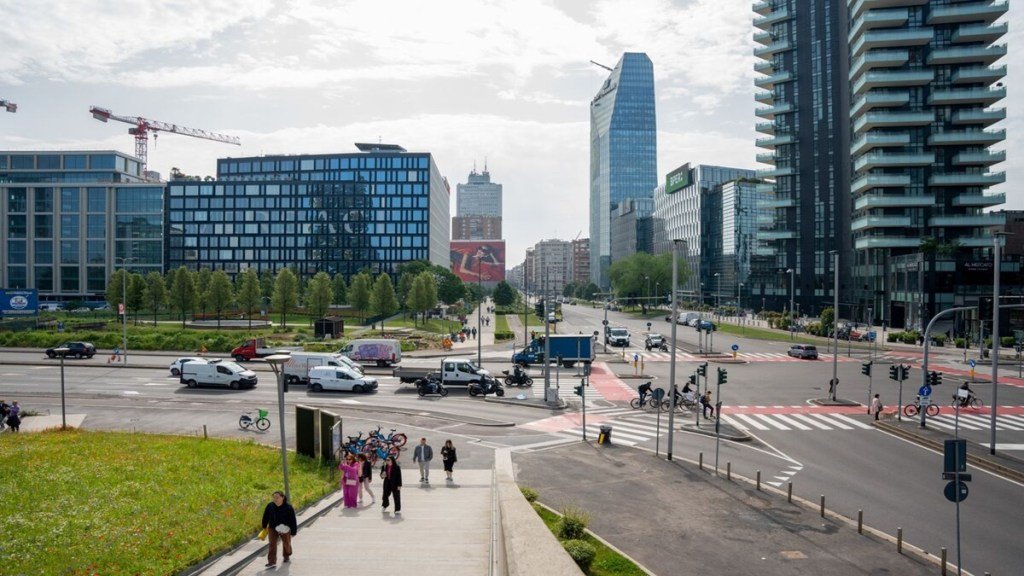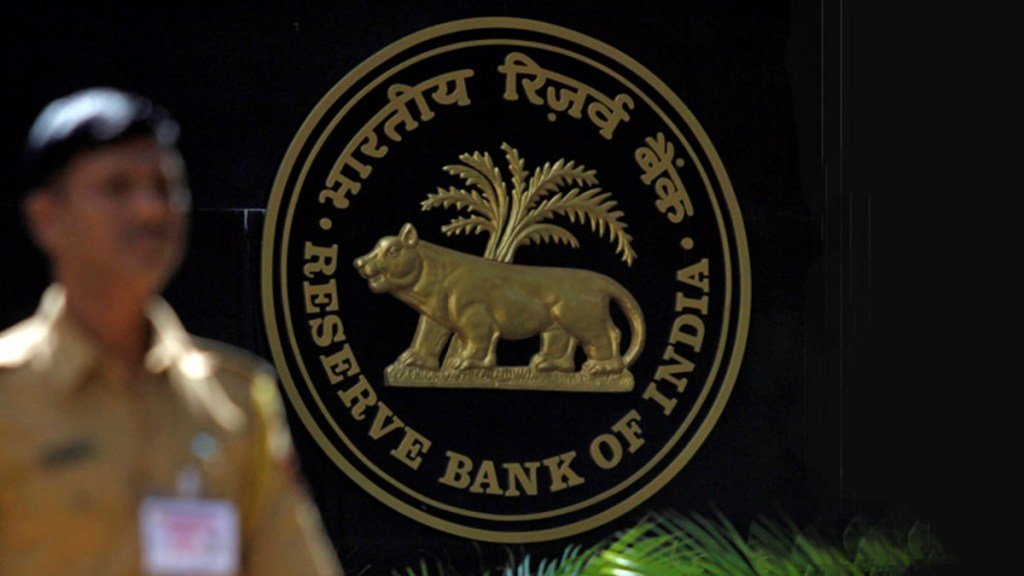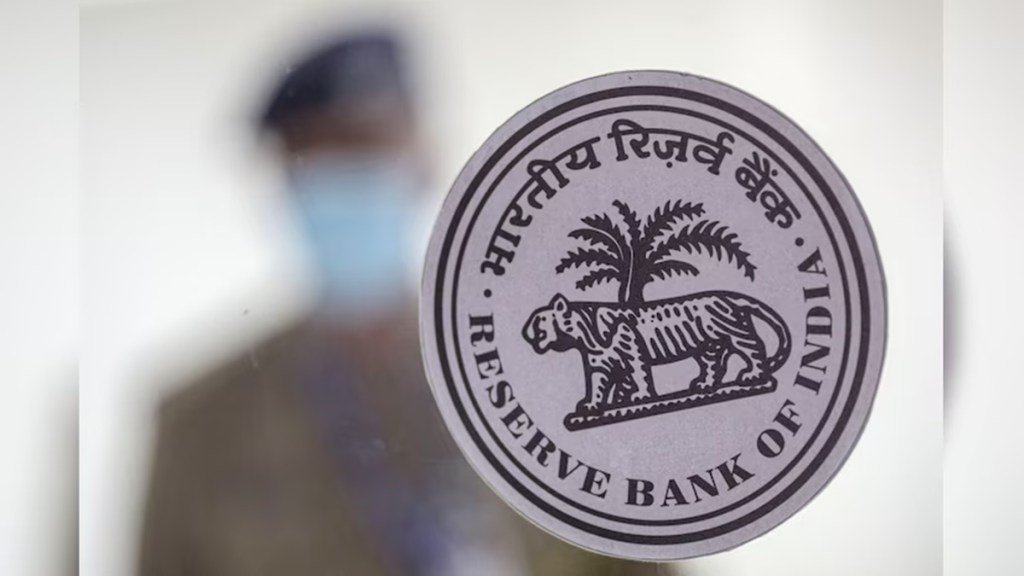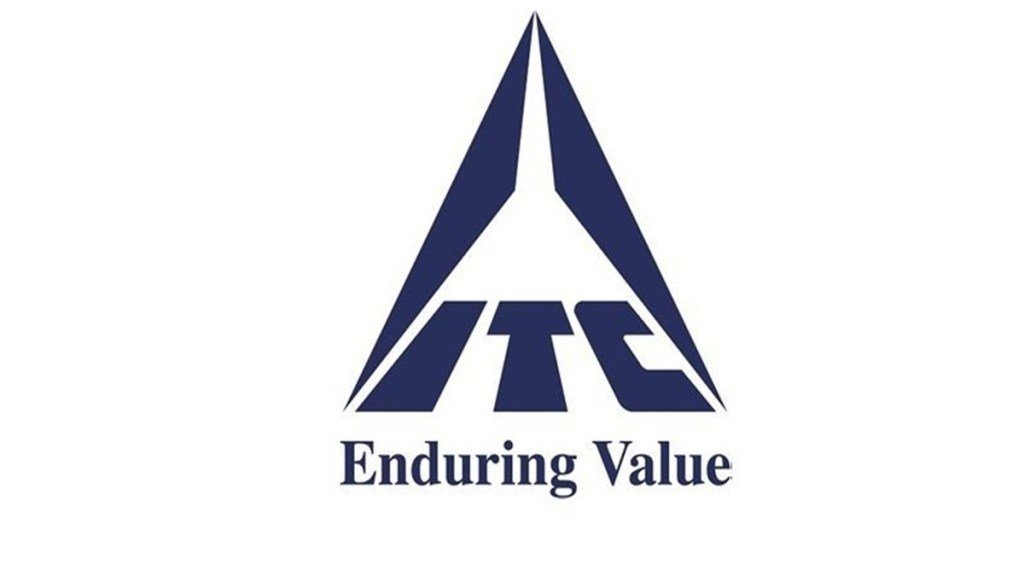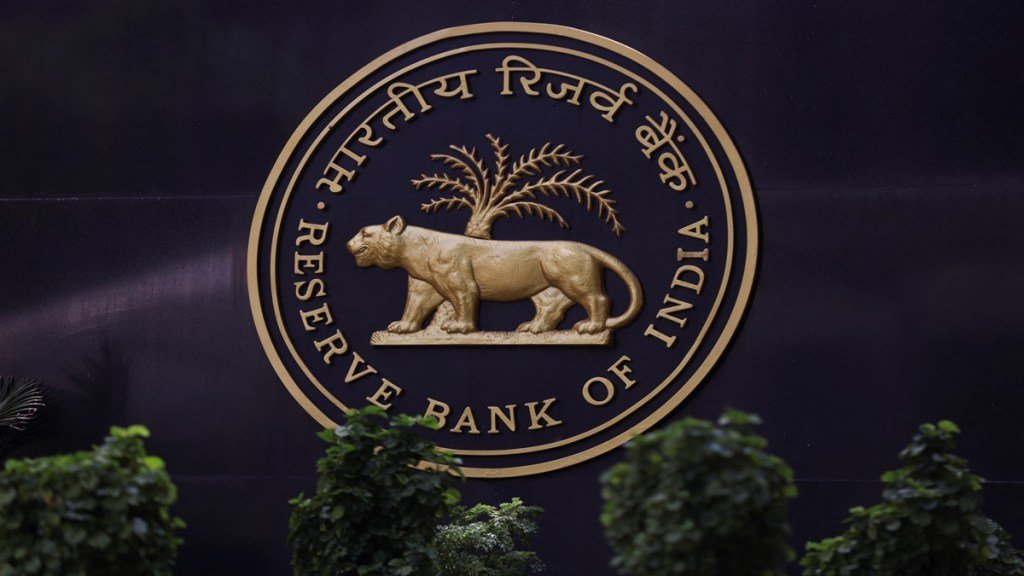
On May 12, 2025, the UK government published a policy document aimed at tightening control over the immigration system. The changes proposed are part of a broader effort to reduce overall net migration, which reached 906,000 in the year ending June 2023 and stood at 728,000 as of June 2024—significantly higher than the 224,000 recorded in mid-2019.
A major focus is on the Skilled Worker visa. The government intends to reduce the number of eligible occupations that can be sponsored by employers. Specifically, roles classified as medium-skilled at RQF level 3 would no longer be open to overseas workers unless specifically recommended by the Migration Advisory Committee and if the sector shows it is trying to hire from within the UK.
Recruitment of care workers from outside the UK is set to end. Under the proposed changes, social care employers will no longer be permitted to sponsor international applicants, closing off a major route that previously supported the UK’s health and care sector through foreign recruitment.
A new financial measure targets higher education. A levy on income from international students is being introduced, with the funds directed toward improving domestic education and training systems. This cost is likely to be passed on to students from abroad, adding to the expense of studying in the UK. Tuition fees for domestic undergraduate students are already increasing, with a 3.1% rise planned for the 2025–2026 academic year.
Compliance requirements for universities holding sponsorship licenses for student visas are being tightened. Institutions may find it more difficult to maintain their sponsorship status unless they meet stricter benchmarks.
The Graduate visa route, which allows international students to stay in the UK for two years after completing their studies, is also being revised. Under the proposed changes, the allowed stay will be shortened to 18 months. Although the Graduate visa cannot be renewed, holders can switch to other eligible visa categories if qualified.
The UK is raising English language proficiency requirements across several visa routes. For those applying as Skilled Workers or other applicants with existing language requirements, the level is increasing from B1 to B2, signaling a move toward higher communication competence. Additionally, adult dependants of students and workers will now need to meet A1 level English proficiency, bringing them in line with requirements for family visa applicants.
There are also changes to the path to permanent residence. The standard qualifying period to apply for indefinite leave to remain is expected to increase from five to ten years, although some individuals may still be eligible earlier depending on yet-to-be-defined conditions.
Among the various changes aimed at reducing immigration, one proposal focuses on attracting highly skilled individuals. Adjustments to the Global Talent and High Potential visa routes are being considered to make them more accessible, providing a more streamlined route for exceptional talent to enter the UK. This stands out as the only part of the proposal designed to encourage new immigration rather than restrict it.



